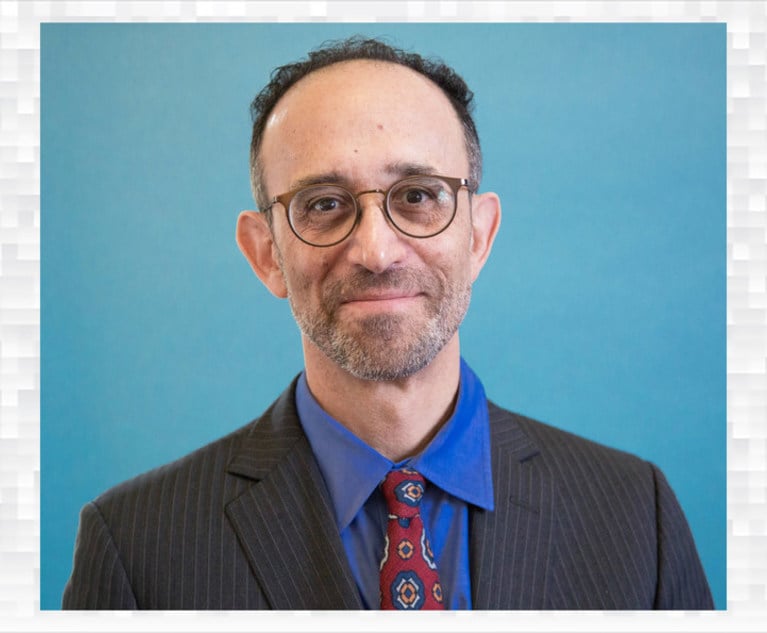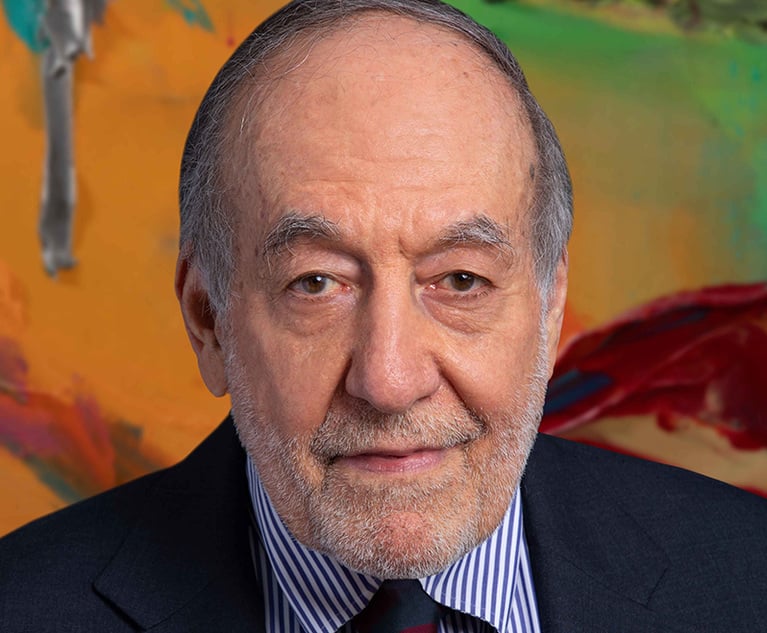 As noted in our preceding article, the Hague Convention is a treaty by which signatories nations agree to the return of an abducted child to the country of habitual residence. The purpose of the Hague Convention is to prevent “forum shopping” by which a parent seeks adjudication of the custody dispute in what he/she considers a favorable jurisdiction.
As noted in our preceding article, the Hague Convention is a treaty by which signatories nations agree to the return of an abducted child to the country of habitual residence. The purpose of the Hague Convention is to prevent “forum shopping” by which a parent seeks adjudication of the custody dispute in what he/she considers a favorable jurisdiction.
This brief paper will have a dual focus. First it will outline how the use of forensic evaluators in these cases differs from the use of forensic evaluators in custody cases where the evaluator is the court appointed neutral expert. We will then briefly focus on the nuances related to one of the exceptions (or affirmative defense) in Hague cases, that by which a return of the subject child to the country of habitual residence may not be enforced if it can be proven that such a return would cause psychological or physical harm to the child in question.
This content has been archived. It is available through our partners, LexisNexis® and Bloomberg Law.
To view this content, please continue to their sites.
Not a Lexis Subscriber?
Subscribe Now
Not a Bloomberg Law Subscriber?
Subscribe Now
LexisNexis® and Bloomberg Law are third party online distributors of the broad collection of current and archived versions of ALM's legal news publications. LexisNexis® and Bloomberg Law customers are able to access and use ALM's content, including content from the National Law Journal, The American Lawyer, Legaltech News, The New York Law Journal, and Corporate Counsel, as well as other sources of legal information.
For questions call 1-877-256-2472 or contact us at [email protected]






